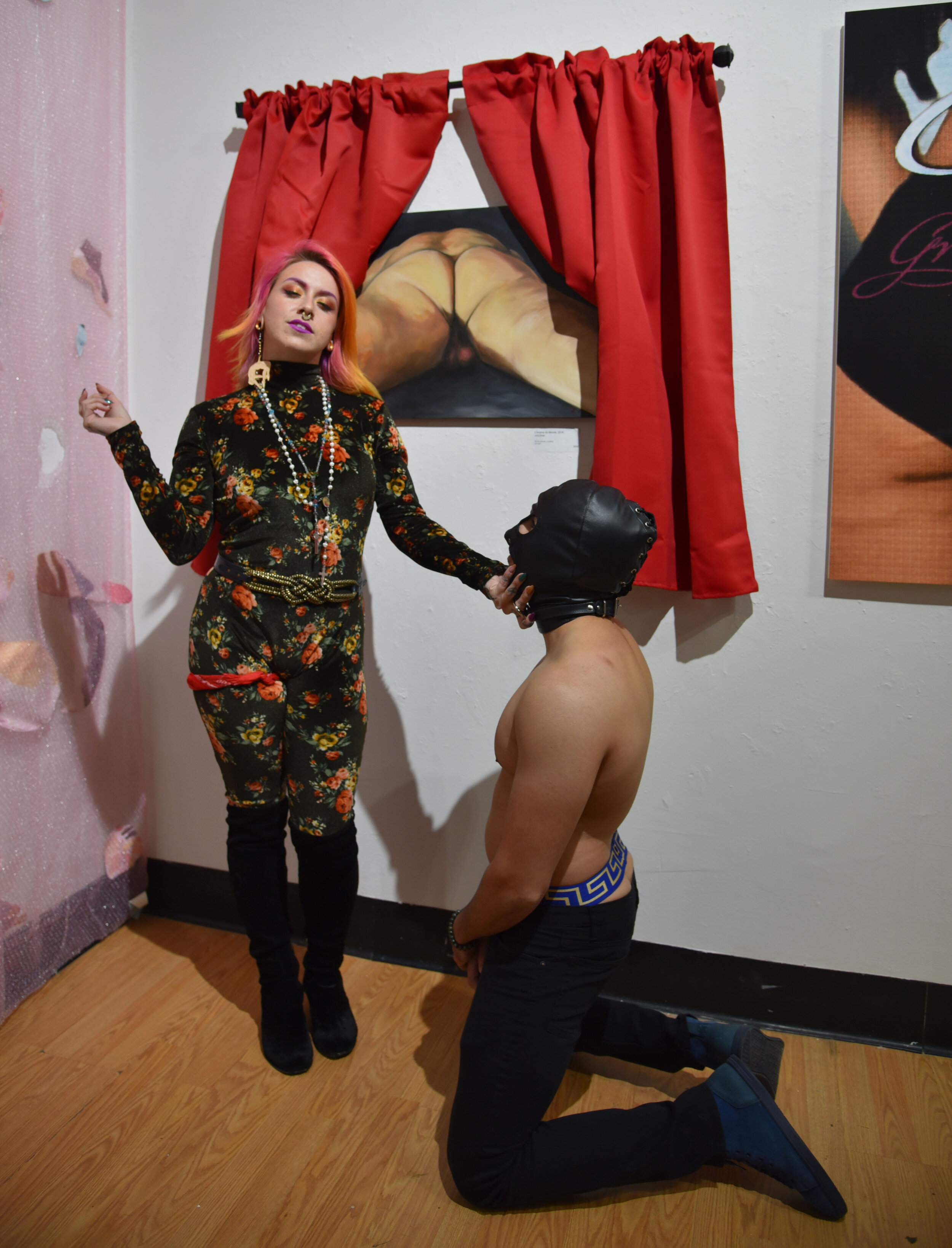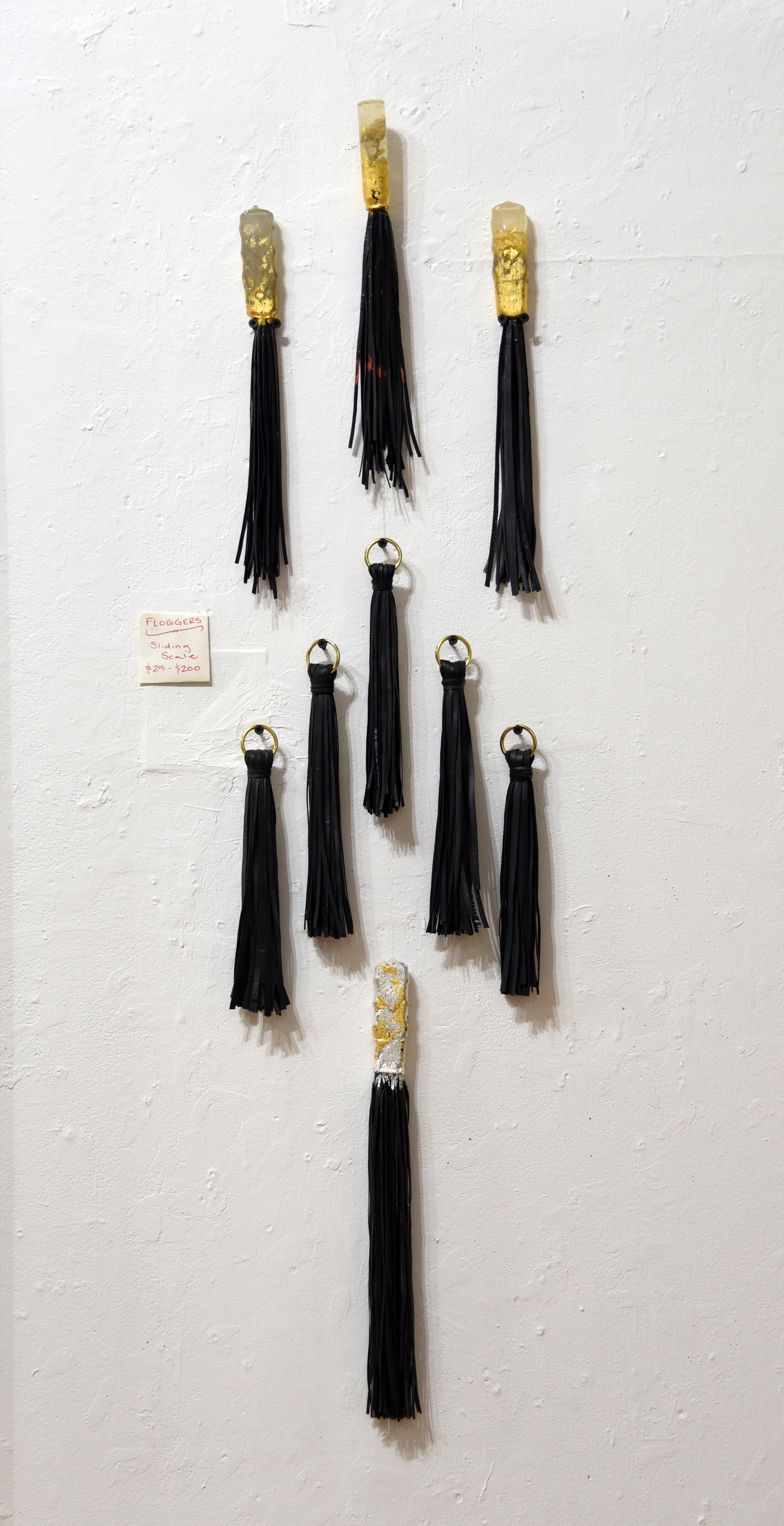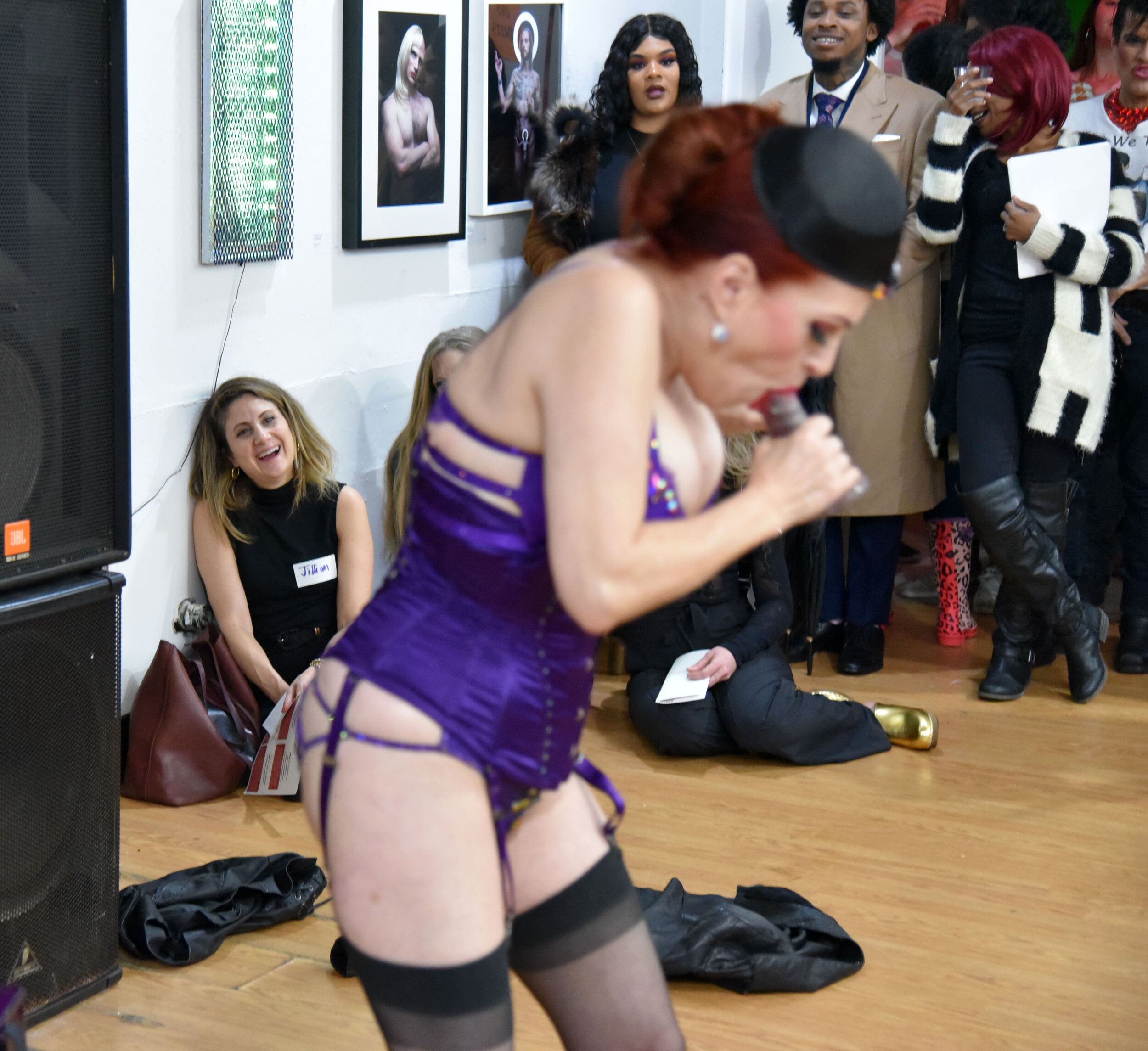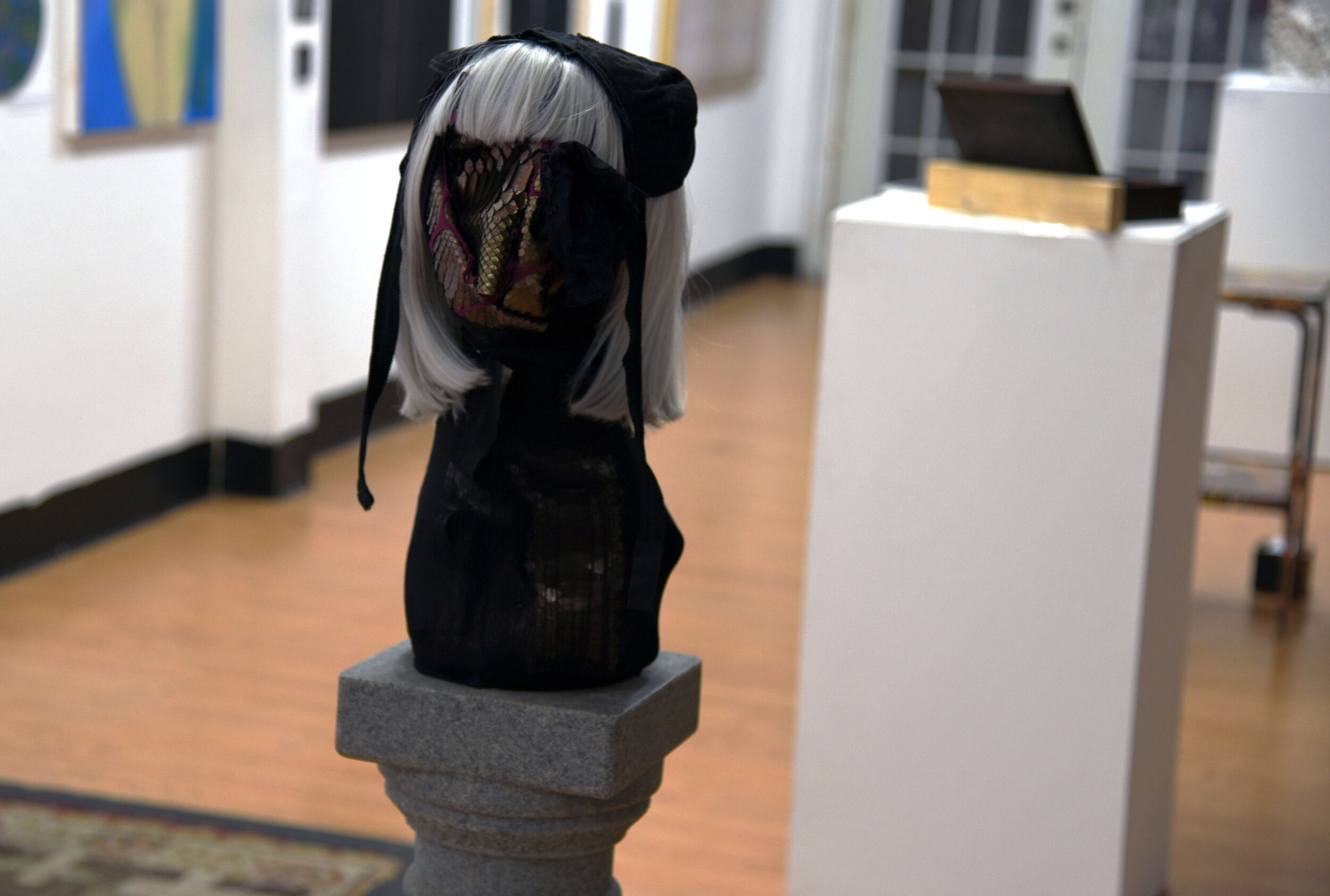Authored by: SWOP Brooklyn
We at SWOP Brooklyn release this statement today as a group of sex workers of many backgrounds; we are migrant workers, we are trans workers, disabled workers, BIPOC workers, we are single parents, we are multi-generational sex workers. Some of us are survivors of coercion, or sex trafficking. We are of many faiths, classes, and political identities. However, we stand as a united front as SWOP Brooklyn in organizing for the well being of our community, and we make this statement today to urge opposition to the end-demand bill presented by Senator Liz Krueger, which can be found here, and urge support for the full decriminalization of sex work as presented by Representative Julia Salazar.
Over many decades, Sex Worker led organizations have conducted studies and created resources to show how the Nordic or Swedish model - now dubbed the Equality model in the U.S. - has brought only more violence and less stability into the lives of sex workers. From Ireland to Sweden, New York to Seattle, we have only seen models like this used as an excuse to raid and arrest lower class men of color and migrant men, while bringing further risk to our work and taking away our agency and systems of safety and self-governance.
Under systems like the Equality Model, we see a desire to end the demand for sex work, yet no systems are in place to replace the income we need to live. Those of us who chose this work as the best and most sustainable option to support ourselves and our families’ livelihoods are not considered, and we are told that we cannot possibly know our own path to self determination. The most marginalized of us are left behind and considered even more disposable by the state.
Liz in her own words writes,
This bill was created by listening and believing [in] survivors, that is what the amazing part of this is. In other spaces, a lot of times survivors of the sex trade, survivors of human trafficking, survivors of prostitution, they are not listened to… we need a rite of change in the criminal justice system and how to achieve that in a policy way is by listening to survivors.
However, it is obvious that she has not spoken to the majority of sex workers ourselves - or considered the many years of data that have been collected against end-demand models. Once again sex workers and survivors of sex trafficking are posed as opposites, as if our needs are diametrically opposed. Conflating trafficking and consensual sex work is harmful and we cannot solve a problem if we aren’t able to first accurately name what the problem is. We are the people this bill would affect and we have our own voices, we do not need people to speak for us - doing so silences the voices of real survivors and workers. Full decriminalization is the only way to support the lives of sex workers as well as help those in coercive or trafficking situations.
These models lead to scarcity and isolation in our community, which means we have less access to safety and agency. They result in deportations, evictions, children being placed into traumatic foster care systems, and invasive surveillance into our lives to prevent our ability to earn our livelihood. It means further criminalizing men of color in poor or migrant majority neighborhoods. It means increased violence, rape, robbery, coercion, and murder of sex workers. Anyone who supports this bill cannot ignore the evidence of this, presented time and time again over many years in many parts of the world - and must feel that we deserve these violences inflicted against us. It is obvious that Senator Krueger does not actually care for the livelihood or well being of those who either participate in or are coerced into the sex trades, but instead is answering to a lobby of paternalistic celebrity figures who have no experience in the sex trades and a small handful of survivors who agree with them, who are carefully selected for their viewpoints. Many of us who have survived trafficking ourselves are denied entry into their membership or speaking roles, because we dissent with their views that all sex work is sex trafficking - something which erases the impact of that distinction and ultimately does harm to both sex workers and survivors.
To repeat the words of our colleagues in Decrim NY “The new proposed legislation referred to as the ‘Equality Model’ conflates sex work with sex trafficking, using the logic of broken windows policing to address trafficking by targeting sex workers. We reject the tokenization of a few survivors and the amplifying of white celebrities’ opinions to silence the voices of many people with lived experience, and we urge legislators to support policy solutions that create real safety for people who trade sex by choice, circumstance, or coercion.” Full decriminalization of sex work does not decriminalize trafficking, as many Equality Model supporters seem to believe. In fact, it makes trafficking easier to fight since victims of trafficking will no longer be penalized for reporting their trafficker, as is the case under our current system of full criminalization.
On the opposite side of this bill stands a chance for New York to support its working class people in the criminalized sex trades with full decriminalization of sex work. In places that have embraced full decriminalization, we have seen lower rates of violence against sex workers, lower rates of coercion, and further access to self determination for sex working people. This has been evidenced in reports and studies by Human Rights Watch, Amnesty International, and other human rights organizations, as well as sex worker lead organizations. Recently, Seattle adopted this model after years of end-demand legislation, which resulted in years of lives lost, violence upheld, wasted resources spent on raids against poor and working class clients of color and arrest of sex workers themselves under charges of sex trafficking, and access to a living income was shattered for many. We as New Yorker’s have the opportunity to follow in the footsteps of those successes, rather than witnessing more devastation to sex working communities after an already devastating year. Full decriminalization provides us with safety, community, and agency over our livelihoods, and the ability to continue and bolster our own efforts of community care, mutual aid, and safety networks without fear of being criminalized as traffickers for that work.
In Solidarity,
SWOP Brooklyn
DecrimNY
Supplemental Links
Evidence for Why the Nordic Model Doesn’t Work:
Twenty Years of Failing Sex Workers: A community report on the impact of the 1999 Swedish Sex Purchase Act
Nordic Model in Northern Ireland a total failure: no decrease in sex work, but increases in violence and stigma | SWARM
Seattle's latest prostitution sting: Progressive or misguided?
What is the Equality Model?
NYPD Cops Cash In on Sex Trade Arrests With Little Evidence, While Black and Brown New Yorkers Pay the Price
Support for Full Decriminalization:
Why Sex Work Should Be Decriminalized | Human Rights Watch
Is Sex Work Decriminalization The Answer? What The Research Tells Us | ACLU
The Decriminalisation of Sex Work in New Zealand | New Zealand Prostitutes Collective
























